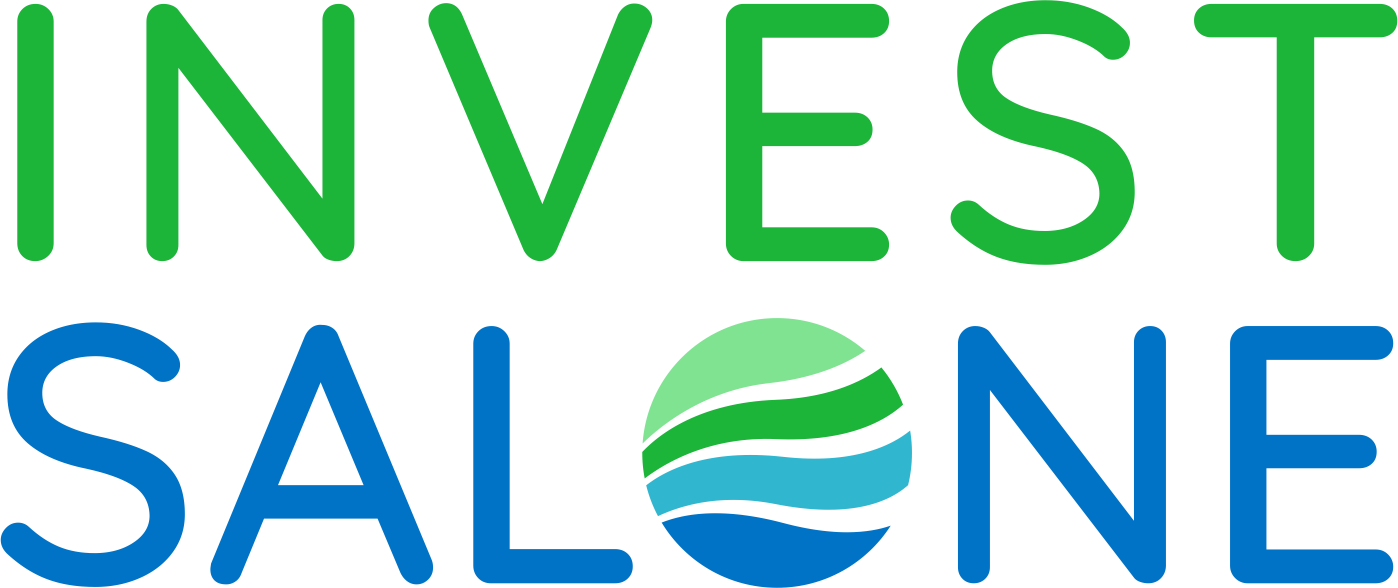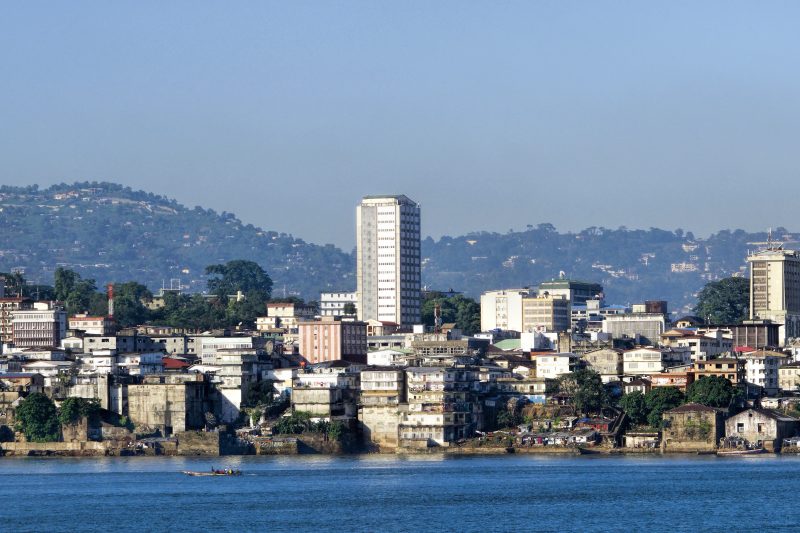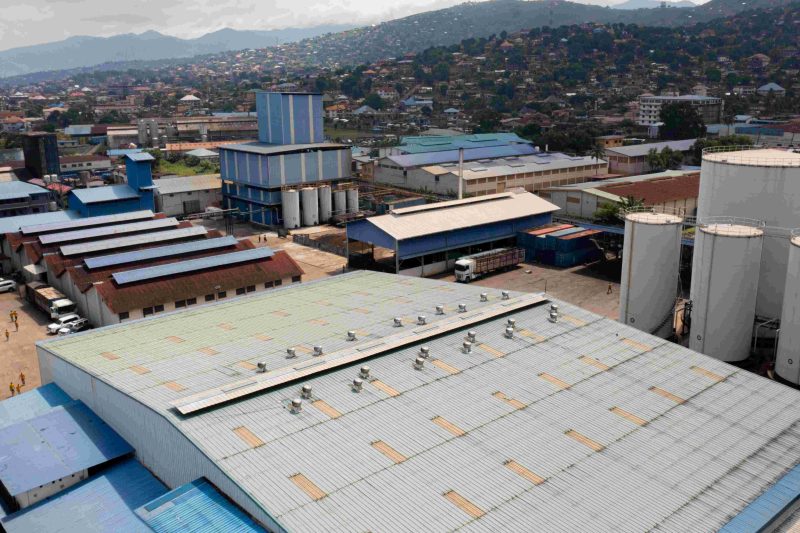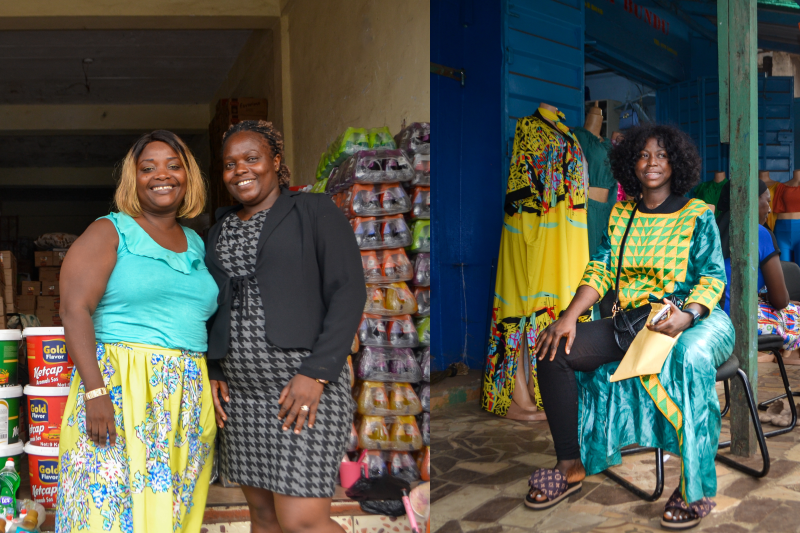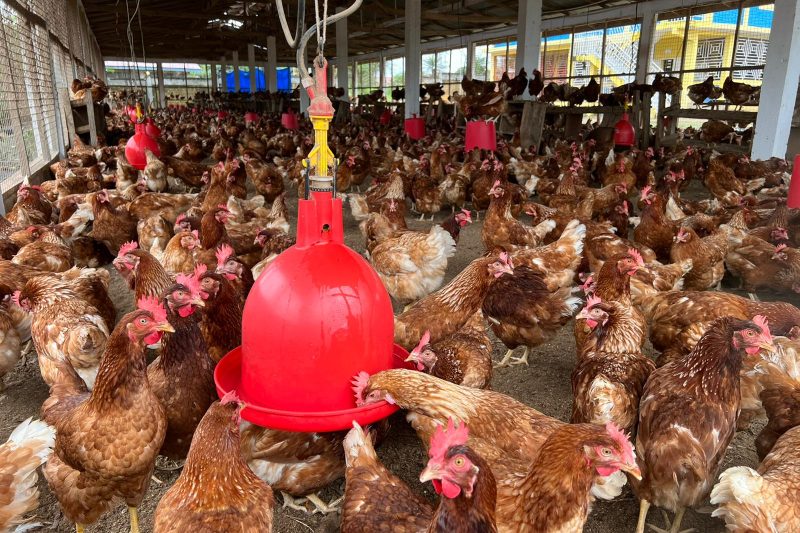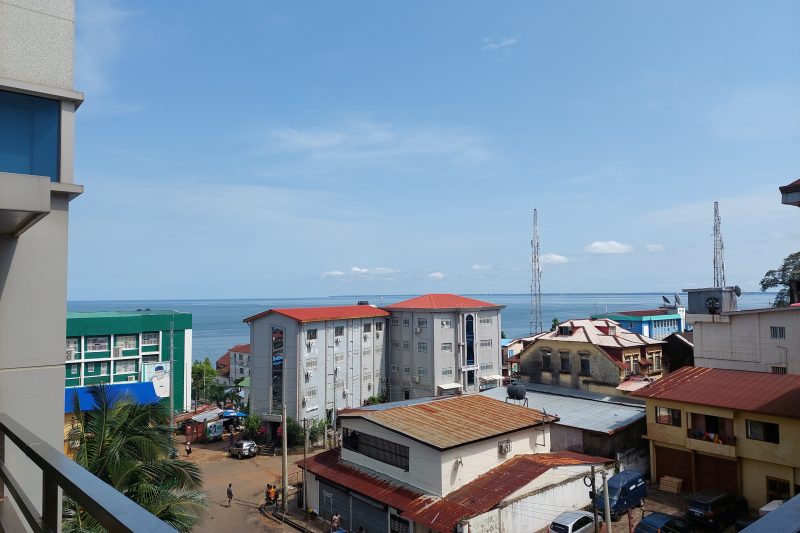Members of Sierra Leone’s agricultural sector – including policy makers, private sector representatives, farmers, agribusinesses and other stakeholders – gathered on Monday, 28 February 2022 to discuss challenges to commercial agriculture and identify essential reforms to the investment climate in Sierra Leone.
The public-private dialogue was organised by the Ministry of Agriculture and Forestry with support from Invest Salone (ISL), the UK-funded private sector development initiative. It was the first in a series of dialogues aimed at boosting Sierra Leone’s agricultural productivity and exports through increased private sector participation and climate-smart agriculture.
The dialogue signals a public policy shift towards private sector-led agricultural development. This development will focus on agricultural supply chains, such as the recent commercialisation of key inputs and services including fertiliser, seeds and mechanisation.
In his address to the audience, Dr Abu Bakarr Karim, Minister of Agriculture and Forestry, said that the government was keen to collaborate with the private sector to end the narrative of Sierra Leone as food insecure and import dependent. “My Ministry is championing this series of dialogues to ensure we all have a collective understanding of the roles and responsibilities of government as well as the private sector as partners,” he said. “As a government, we recognise the power of the private sector in transforming economies, and I look forward to regular and constructive dialogue on how we can facilitate private sector investment in Sierra Leone’s agriculture sector.”
Ahmed Nano, Executive Secretary of the Sierra Leone Chamber for Agribusiness Development, expressed his belief that public-private dialogue is essential to improving public-private cooperation in the agricultural sector. “Sierra Leone is an agrarian economy. Agriculture accounts for 53% of our GDP and provides employment for 65-70% of women and 55% of young people. Our economic development depends on increasing private sector participation in the sector,” he told participants. “Despite this, government officials still find it hard to see us as allies or recognise the business impact of inefficiency, corruption, shortages and price hikes. These public-private dialogues are an opportunity for businesses to be frank about the challenges we face and enlist the commitment of the public sector to collaborate on a better investment climate.”
Agriculture also has a key role to play in achieving sustainable growth in Sierra Leone, and ISL is already supporting targeted agribusinesses to help accomplish this. Mark Thomas of ISL observed that a pillar of climate-smart agriculture is the improvement of productivity through sustainable intensification. He added that the private sector in Sierra Leone can move away from the low input, low output systems that currently prevail and improve competitiveness by embracing climate-smart agriculture.
The discussion then moved onto key private sector constraints, in particular land tenure, mechanisation and technology, agricultural inputs, access to finance and duty waivers.
Duty waivers to reduce costs on certain agricultural products were identified as a widespread problem. Arthur Scotland-Nicol of Leecon Poultry explained how agricultural firms who applied for duty waivers frequently found themselves disadvantaged by bottlenecks and other inefficiencies, causing delays incurring demurrage costs. “What we would like is a one-stop shop in the Ministry of Agriculture, with staff who are authorised to make decisions,” he said.
Private sector recommendations discussed at the dialogue include:
- Land tenure: More efficient collaboration between the private and public sector to ensure the enactment of existing land policies; a comprehensive registry of land ownership and government clarification on the conditions for private sector land ownership.
- Mechanisation: Privatising agricultural mechanisation services, supported by business development loans at competitive rates; encouraging the uptake of block farming to improve supply chain management and access to technical services.
- Agricultural inputs: Making better use of agricultural extension services to provide training in agricultural inputs and enforcing existing regulations around agricultural input provision.
- Duty waivers: A one-stop shop for duty waivers; the production of a guide on the duty waiver process and a comprehensive awareness-raising campaign.
- Access to finance: Setting up an agricultural development bank and incentives to increase access to finance for agribusiness.
Following these recommendations, it was agreed that ISL would liaise with the Ministry of Agriculture and Forestry to identify quick wins around duty waivers, the land bill and the role that extension and advisory services can play in scaling up climate-smart agriculture.
Chukwu-Emeka Chikezie, ISL Team Leader, concluded by emphasising the importance of dialogue as a springboard to further action. “By finding and then actioning essential investment climate reforms, regular dialogue between the private and public sectors can genuinely help Sierra Leone maximise its immense agricultural potential. Invest Salone looks forward to supporting the private sector as it works with the Ministry of Agriculture and Forestry on taking forward the implementable actions agreed here today.”
